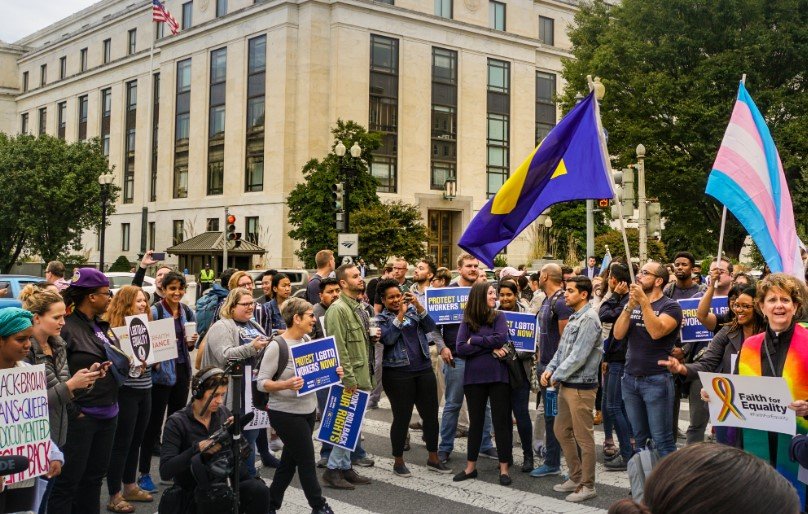The Clayton County Board of Commissioners has recently made a significant change to its public comment policy, a move that has sparked both support and criticism from the community. The new policy shifts public comments to the end of the meetings, a decision that has been met with mixed reactions. This change aims to streamline the meeting process and reduce disruptions, but it has also raised concerns about limiting public participation in local governance. The policy change reflects ongoing debates about the best ways to balance efficient governance with public engagement.
The Decision and Its Implications
The decision to move public comments to the end of the meetings was made by a narrow 3-2 vote among the commissioners. Commissioner DeMont Davis proposed the change, arguing that it would allow the board to conduct its business more efficiently without interruptions. However, the proposal faced opposition from Commissioners Felicia Franklin, Gail Hambrick, and Alieka Anderson, who expressed concerns about the potential impact on public engagement.
Supporters of the change believe that it will help maintain order during meetings and allow the board to focus on its agenda without being sidetracked by public comments. They argue that having public comments at the end will ensure that the board can address all agenda items in a timely manner. This perspective emphasizes the importance of efficient governance and the need to manage meeting time effectively.

On the other hand, critics of the policy change argue that it limits the public’s ability to influence decisions before they are made. By moving public comments to the end, residents may feel that their voices are not being heard when it matters most. This concern highlights the tension between efficient governance and meaningful public participation. Critics fear that the new policy may discourage residents from attending meetings and engaging with their local government.
Historical Context and Previous Changes
The issue of public comment timing has been a contentious one in Clayton County for several years. In 2017, the commission stopped live-streaming public comments due to what they described as toxic feedback from residents. This decision was later reversed in 2018, but public comments were relegated to the end of meetings. The following year, public comments were moved back to the beginning of meetings, only to be shifted again in June 2022 to the end.
These frequent changes reflect the ongoing struggle to find a balance between allowing public input and maintaining order during meetings. Each adjustment has been met with varying degrees of support and opposition, indicating that there is no one-size-fits-all solution. The latest change is just another chapter in this ongoing debate, and it remains to be seen how it will impact public engagement in the long term.
The historical context of these changes underscores the complexity of managing public comments in a way that satisfies both the need for efficient governance and the desire for public participation. It also highlights the challenges faced by the commissioners in trying to accommodate diverse viewpoints and interests. As the county continues to navigate this issue, it will be important to monitor the effects of the new policy and consider potential adjustments based on feedback from the community.
Community Reactions and Future Considerations
The community’s reaction to the policy change has been mixed, with some residents expressing support for the move and others voicing strong opposition. Supporters argue that the new policy will help keep meetings focused and productive, while opponents believe it will stifle public input and reduce transparency. This division reflects broader debates about the role of public participation in local governance and the best ways to facilitate it.
Moving forward, it will be crucial for the commissioners to listen to feedback from the community and be open to making further adjustments if necessary. Public engagement is a cornerstone of democratic governance, and finding ways to encourage and facilitate it should be a priority. The commissioners may need to explore alternative methods for gathering public input, such as online forums or town hall meetings, to complement the new policy.
Additionally, the commissioners should consider implementing measures to ensure that public comments are given due consideration, even if they are made at the end of meetings. This could include providing written responses to comments or incorporating public feedback into future agenda items. By demonstrating a commitment to listening to the community, the commissioners can help build trust and foster a more inclusive and participatory governance process.
